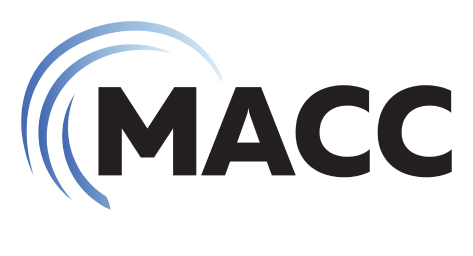Clean HVAC Coils are Efficient Coils
Keep coils clean to maintain maximum performance. For operation at highest efficiency, clean coils more often during periods of high cooling demand or when dirty conditions prevail. For example, remove the build-up of cottonwood fuzz that is a seasonal issue in some regions.
Prior to cleaning, disconnect and lockout electrical power. Cover motors to prevent moisture from penetrating into the windings, potentially causing motor failure. Remove large debris from the coils and straighten fins before cleaning.
Clean refrigerant coils with cold water and detergent or with one of the commercially-available chemical coil cleaners. Rinse coils thoroughly after cleaning.
Do not clean the coil with hot water or steam. The use of hot water or steam (in non-steam coils) as a refrigerant coil-cleaning agent will cause high pressure inside the coil tubing and subsequent damage to the coil.
Do not use acidic chemical coil cleaners. Do not use alkaline chemical coil cleaners that, after mixing, have a ph value greater than 8.5 without also using an aluminum corrosion inhibitor in the cleaning solution. Failure to follow these guidelines or the manufacturer's instructions for use of cleaning chemicals could result in damage to the unit.
Exercise extreme caution with any caustic or toxic chemical coil-cleaning compounds to prevent personal injury or equipment damage.








